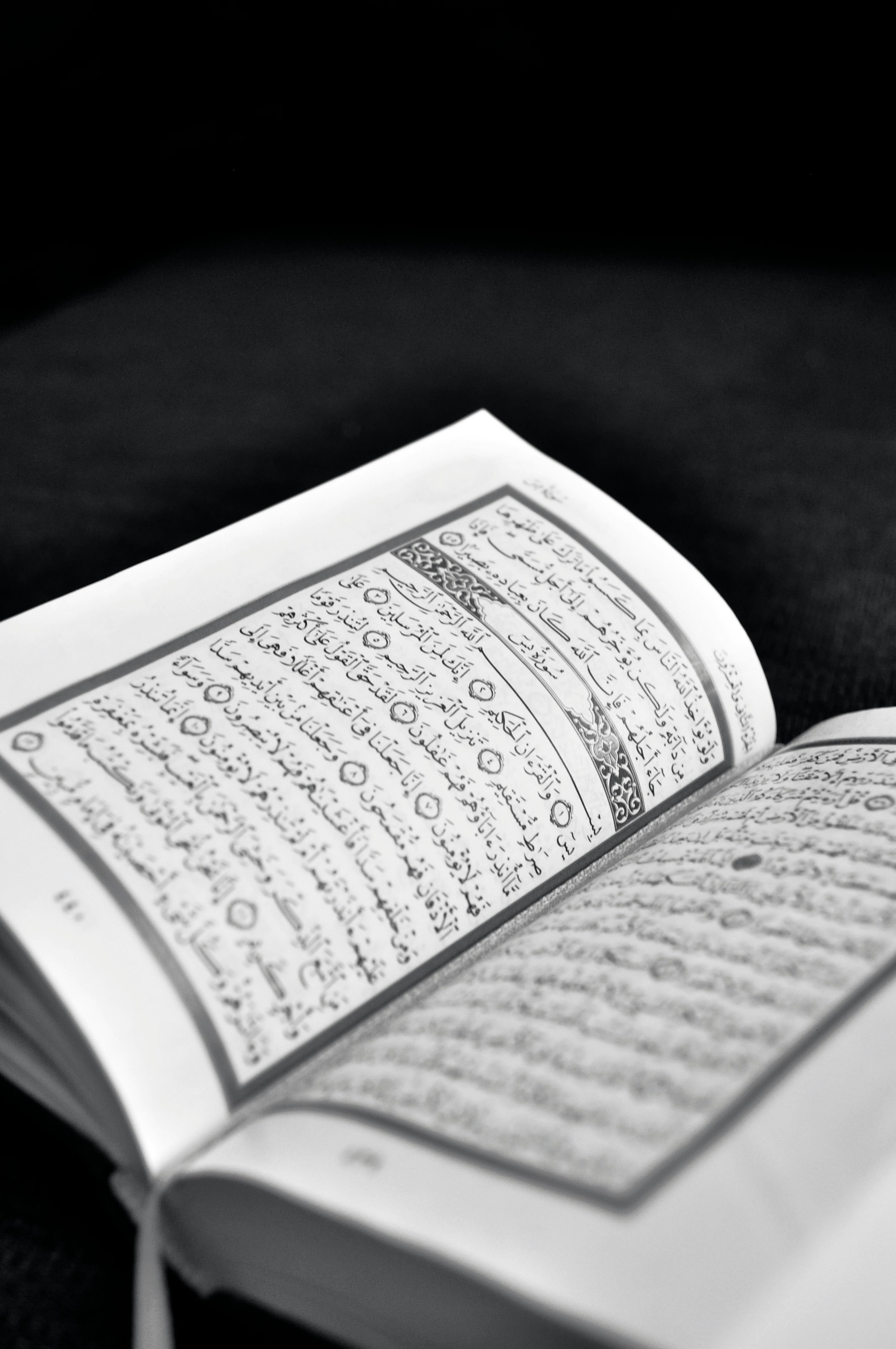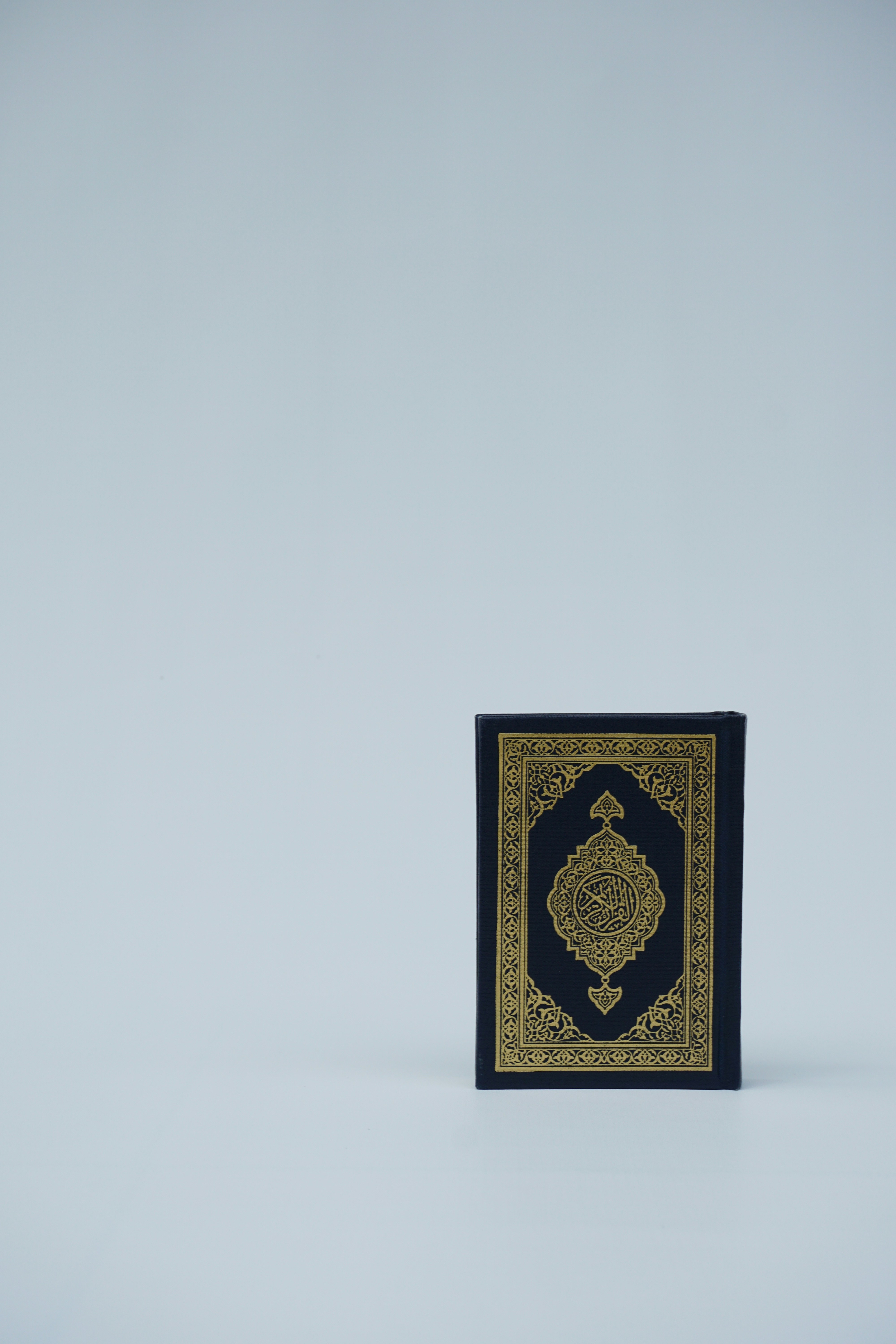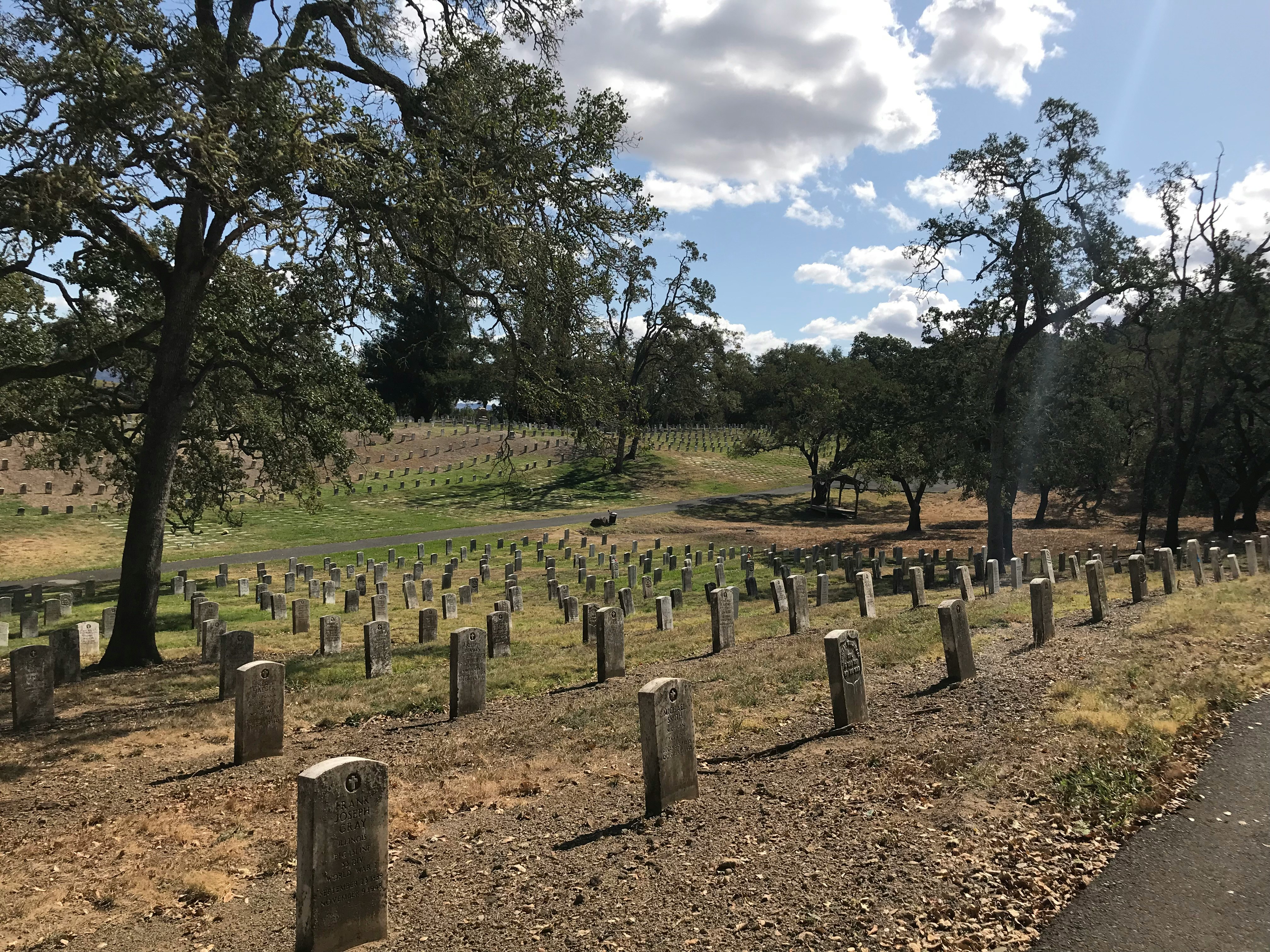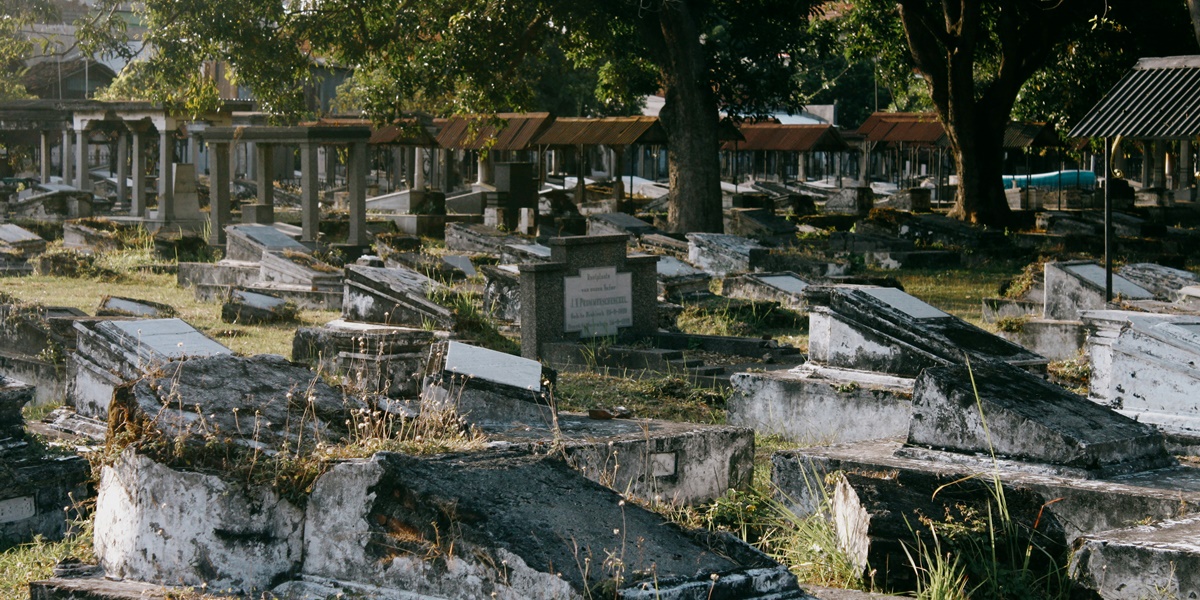Kapanlagi.com - Visiting graves is the visitation of Muslims to the graves of loved ones or religious figures to pay respects and pray. Visiting graves has become part of the tradition of the Muslim community in the country. Usually, visiting graves is done on certain days such as before Ramadan or on Eid al-Fitr and Eid al-Adha. In Islam, there are prayers for visiting graves that can be recited during the visit.
In the prayer for visiting graves according to Islam, the general prayers usually include seeking forgiveness and mercy for the deceased, as well as praying for safety and guidance for oneself. Visiting graves also has deep benefits for Muslims who do it. One of them is that visiting graves can remind a person of death and the life after.
Therefore, it is important to know the proper prayer for visiting graves and the correct procedures for a Muslim. To find out, let's take a look at the following review:
1. Reciting Salam

Reciting Salam (credit: unsplash)
"Assalamu'alaikum, O resting place of the believers. The promise of Allah that was postponed until tomorrow has come to you, and inshaAllah, we will follow you."
2. Reading Istighfar
"Astaghfirullahal-'adhim alladzi la ilaha illa huwal hayyul qayyum wa atubu ilaih."
Meaning:
"In the name of Allah, the Most Gracious, the Most Merciful. I seek forgiveness from Allah, the Almighty, who is the only God, the Ever-Living, the Sustainer of all existence, and I repent to Him."
3. Reading Surah Al-Fatihah (3 times)

Reading Surah Al-Fatihah (3 times) (credit: unsplash)
Recitation of Surah Al-Fatihah:
(1) In the name of Allah, the Most Gracious, the Most Merciful.
(2) Praise be to Allah, the Lord of all the worlds.
(3) The Most Gracious, the Most Merciful.
(4) Master of the Day of Judgment.
(5) You alone we worship, and You alone we ask for help.
(6) Guide us on the Straight Path.
(7) The path of those who have received Your grace; not the path of those who have brought down wrath upon themselves, nor of those who have gone astray."
Amen.
Meaning:
(1) In the name of Allah, the Most Gracious, the Most Merciful.
(2) All praise is due to Allah, the Lord of all the worlds.
(3) The Most Gracious, the Most Merciful.
(4) Master of the Day of Judgment.
(5) You alone we worship, and You alone we ask for help.
(6) Guide us on the Straight Path.
(7) The path of those who have received Your grace; not the path of those who have brought down wrath upon themselves, nor of those who have gone astray."
Amen.
4. Reading Surah Al-Ikhlas (3 times)
Recitation of Surah Al-Ikhlas:
(1) Say: "He is Allah, the One.
(2) Allah, the Eternal Refuge.
(3) He neither begets nor is born.
(4) Nor is there to Him any equivalent.
Meaning:
(1) Say: "He is Allah, the One.
(2) Allah, the Eternal Refuge.
(3) He neither begets nor is born.
(4) Nor is there to Him any equivalent.
5. Reading Surah Al-Falaq (3 times)

Reading Surah Al Falaq (3 times) (credit: unsplash)
Al-Falaq in Latin script along with its meaning in Bahasa Indonesia:
(1) Say: "I seek refuge in the Lord of daybreak.
(2) From the evil of that which He created.
(3) And from the evil of darkness when it settles.
(4) And from the evil of the blowers in knots.
(5) And from the evil of an envier when he envies."
6. Reading Surah An Nas (3 times)
Recitation of Surah An-Nas:
(1) Say: 'I seek refuge in the Lord of mankind.'
(2) The Sovereign of mankind.
(3) The God of mankind.
(4) From the evil of the retreating whisperer -
(5) Who whispers [evil] into the breasts of mankind -
(6) From among the jinn and mankind.'
7. Reading Ayat Kursi

Reading Ayat Kursi (credit: unsplash)
"Allah, there is no god but He, the Ever-Living, the Sustainer of [all] existence. Neither drowsiness overtakes Him nor sleep. To Him belongs whatever is in the heavens and whatever is on the earth. Who is it that can intercede with Him except by His permission? He knows what is [presently] before them and what will be after them, and they encompass not a thing of His knowledge except for what He wills. His Kursi extends over the heavens and the earth, and their preservation tires Him not. And He is the Most High, the Most Great."
Meaning:
"Allah, there is no deity except Him, the Ever-Living, the Sustainer of [all] existence. Neither drowsiness overtakes Him nor sleep. To Him belongs whatever is in the heavens and whatever is on the earth. Who is it that can intercede with Him except by His permission? He knows what is [presently] before them and what will be after them, and they encompass not a thing of His knowledge except for what He wills. His Kursi extends over the heavens and the earth, and their preservation tires Him not. And He is the Most High, the Most Great."
8. Reading Surah Yasin
Surah Yasin is the 36th surah in the Quran consisting of 83 verses. This surah contains many valuable teachings about the greatness of Allah, including about human life after death. Therefore, Surah Yasin is recommended to be read during funerals or visits as a form of comfort for the bereaved family and as a prayer for blessings and forgiveness for the deceased.
9. Reading Tahlil
"Laailaaha Illallah"
Meaning:
"There is no god but Allah."
10. Reading Zikir

Reading Dhikr (credit: unsplash)
"Laa ilaaha illa anta subhaanaka innii kuntu minazh-zhaalimiin."
Meaning:
"There is no god except You, O Allah, You are exalted, indeed I am from the wrongdoers."
11. Reading Sholawat
"Allaahumma shalli'alaa sayyidinaa muhammmadin shalaatar ridhaa wardha'an ashhaabihir ridhar ridhaa."
Meaning:
"O Allah, bestow peace upon our master Muhammad, a peace that is pleasing and pleasing to his companions."
12. Reading Prayer for Visiting Graves

Reading Prayer for Visiting Graves (credit: unsplash)
"O Allah, forgive him and have mercy on him. Grant him safety and pardon him. Honor his arrival and expand his resting place. Cleanse him with water, ice, and dew. Purify him from sins and transgressions as a white garment is purified from dirt. Replace his home with a better one and his spouse with a better one. Enter him into paradise and protect him from the punishment of the grave and the punishment of the fire. Enlarge his grave and illuminate it for him."
Meaning:
"O Allah, forgive him and have mercy on him. Grant him safety and pardon him. Honor his arrival and expand his resting place. Cleanse him with water, ice, and dew. Purify him from sins and transgressions as a white garment is purified from dirt. Replace his home with a better one and his spouse with a better one. Enter him into paradise and protect him from the punishment of the grave and the punishment of the fire. Enlarge his grave and illuminate it for him."
These are some of the prayers that need to be recited while visiting a grave. May they be beneficial, increase knowledge, and strengthen faith as a Muslim. Amen.
(kpl/psp)
Disclaimer: This translation from Bahasa Indonesia to English has been generated by Artificial Intelligence.


















